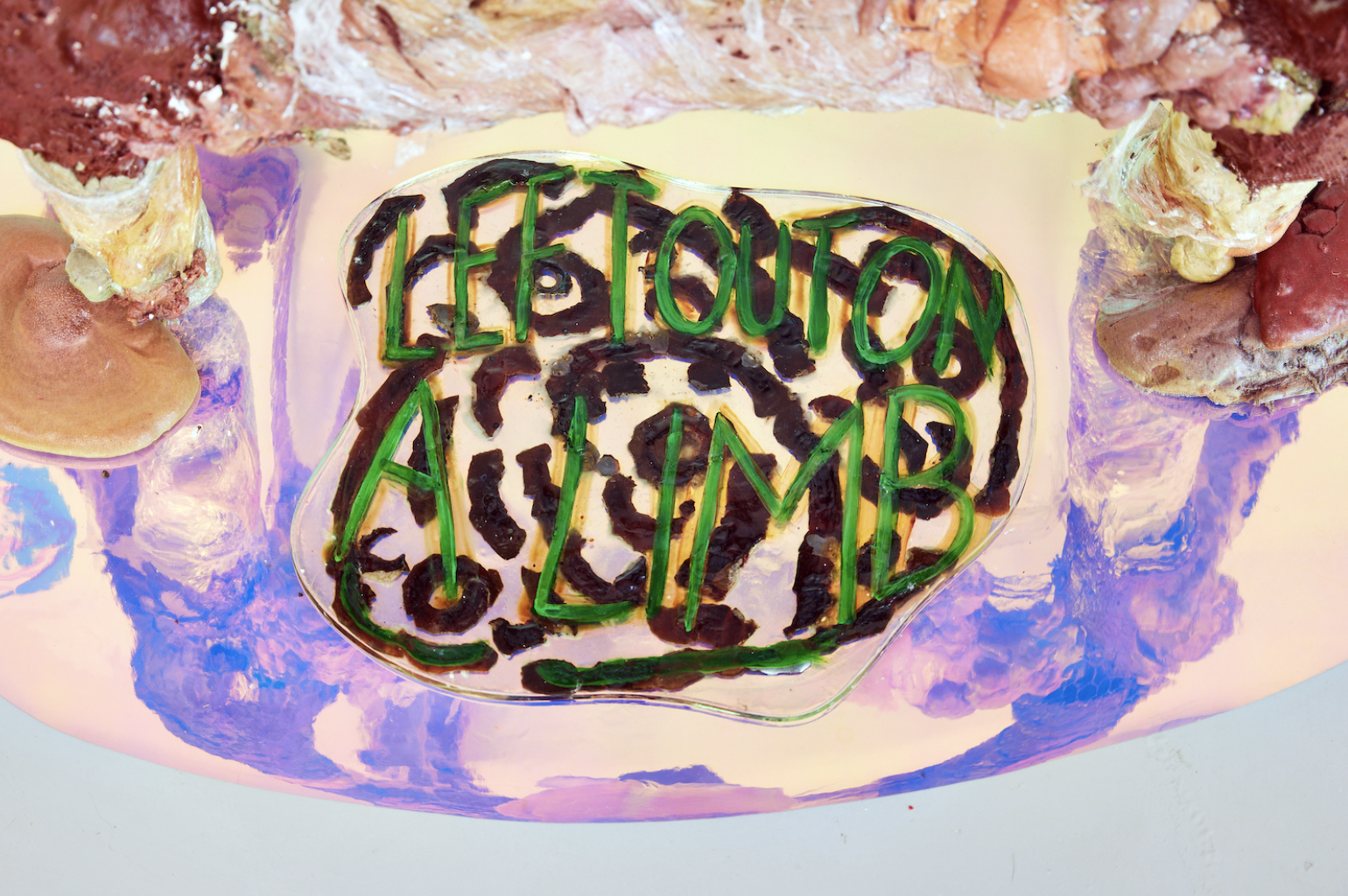
A room in which many of the parts of our lives were placed
23 January - 06 March
VITRINE presents the first solo exhibition in London by Sunderland born, Leeds based artist Jill McKnight. The exhibition brings together new and existing works produced whilst on a two-month residency at The Art House, Wakefield, that continues the artist’s investigations into the working-class experience, feminism, identity, domestic life, the home and labour. As a female artist from a working-class background, McKnight’s work seeks to foreground working-class stories, which are often absent or excluded from artistic and cultural discourse.
Working across sculpture, drawing, painting, printmaking and writing, McKnight’s practice draws on her own experience of being a working-class woman and exploring how they exist within feminist and artistic lineages. A recurring theme in McKnight’s work, and central to the works included in this exhibition, is water. Informed by growing up in the former industrial town of Sunderland in the north east of England which is situated by the mouth of the River Wear, McKnight draws on genealogical stories and histories of her family members who had emigrated from Ireland to Liverpool, then Sunderland, finding employment in the city’s burgeoning shipyard trade, fish and chip shops, Royal Navy and a telephone factory. Alongside these stories and their own relationship to water, McKnight’s work also asks one to consider water on a universal scale, from borders and migration to shifting landscapes (flooding, droughts and climate change) and as a fecund and essential source of sustenance and care.
The works included in 'A room in which many of the parts of our lives were placed' take water as its impetus and extend it into themes of feminism, the working-class experience, the connection between art making, traditional industries, labour and domestic life whilst simultaneously asserting their own personal, familial and collective histories and stories.
Alongside sculptural works, drawings, prints and paintings, a new audio work narrated by the artist will uncover their relationship to the objects, symbols and markers of identity which contributed to the development of the works presented throughout the gallery. Part valediction and part inventory log book, this new text will contrast emotive subtexts with factual data, drawing on the complex lives and inspiring determination of the working-class women she grew up around including their grandmothers, who, like McKnight, were ‘great storytellers’. Interested in the relationship between the personal and the universal, McKnight’s works are not only concerned with tracing their own upbringing, memories and construction of identity and self, but the wider ways in which art can help shape our own experiences.

General Info